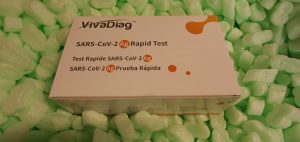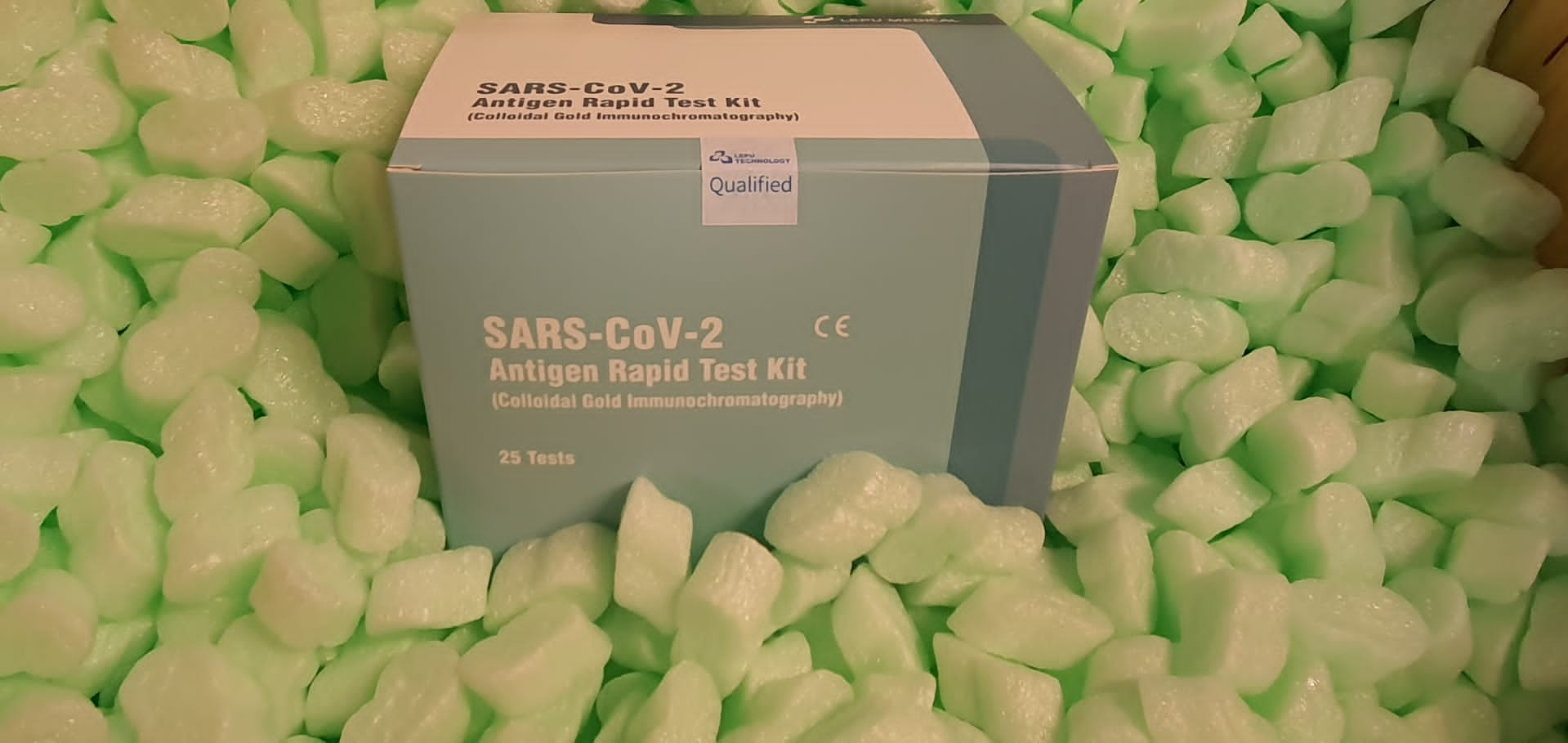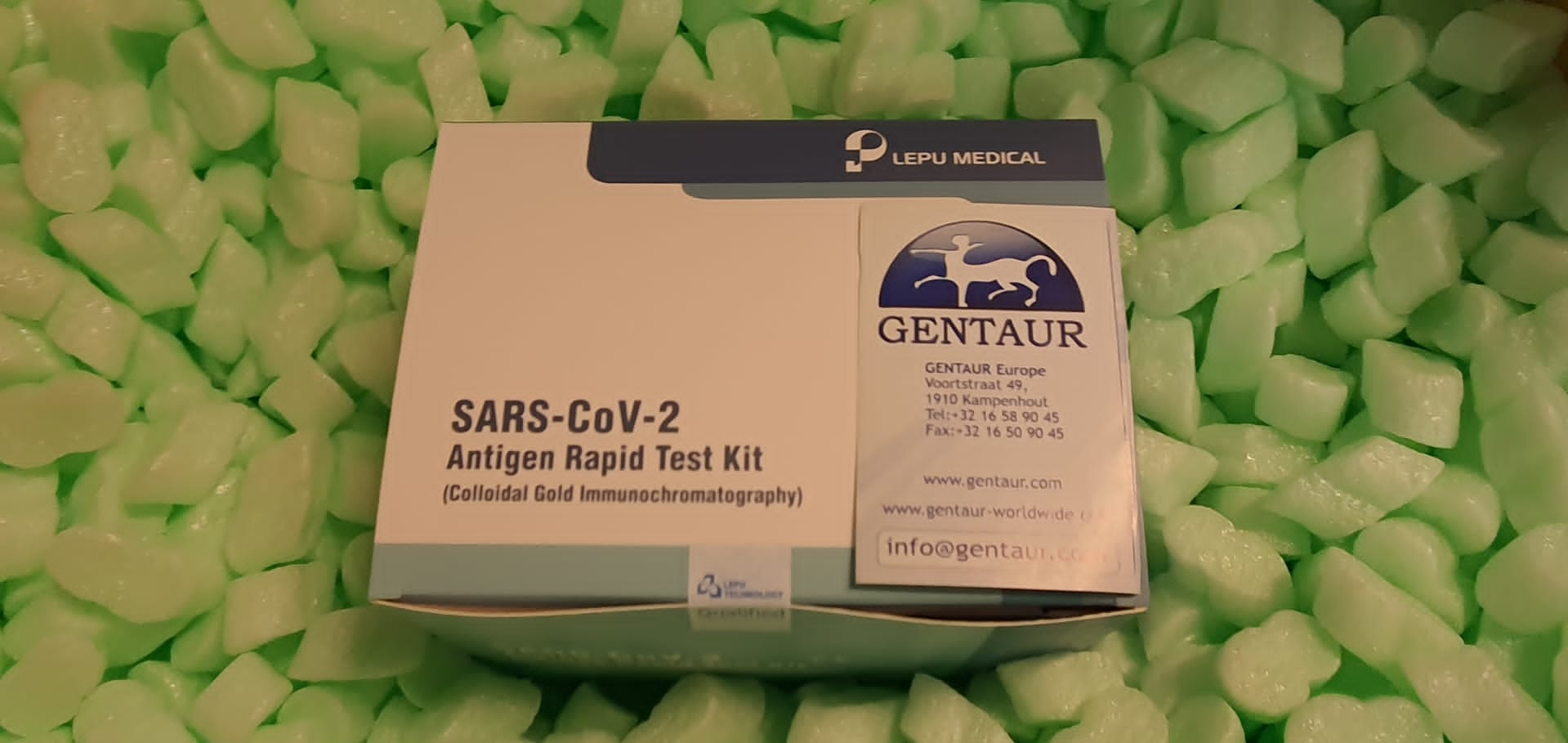Novel fully human anti-CD47 antibodies stimulate phagocytosis and promote elimination of AML cells
Though most sufferers with acute myeloid leukemia (AML) enter remission after induction chemotherapy, the danger of relapse stays appreciable. Subsequently, some novel therapeutic methods are nonetheless required. This examine discovered that the overexpression of CD47 on AML cells was at the very least twofold greater than that on regular bone marrow (NBM) cells in 81% (17/21) of the investigated sufferers; no sufferers had decrease expression degree of CD47 in contrast with wholesome donors.
The examine additionally demonstrated that blocking the CD47/SIRPα (sign regulatory protein α) sign with the established novel totally human anti-CD47 monoclonal antibodies elevated the phagocytosis of AML cells by macrophages in vitro. Moreover, in vivo experiments confirmed that the novel totally human anti-CD47 monoclonal antibodies may considerably lengthen the survival time of mice. General, the novel totally human anti-CD47 antibodies may block CD47/SIRPα interplay, improve macrophage-mediated phagocytosis, and improve the elimination of AML cells.
Therapy of nonhuman primates and mice with a humanized antigen-binding fragment (Fab) antibody (UCBFab) inhibiting reworking development issue β through every day inhalation for as much as 13 weeks resulted in low systemic publicity however excessive native publicity within the lung. Goal engagement was demonstrated by lowered ranges of sign transducers, phosphoSMAD and plasminogen activator inhibitor-1 within the bronchoalveolar lavage fluid (BALF). Therapy was related to a excessive frequency and titer of antidrug antibodies, indicating excessive native immunogenicity, and native pathology throughout the lung and draining lymph nodes. Microscopic adjustments have been characterised by perivascular (PV) and peribronchiolar (PB) mononuclear inflammatory cell (MIC) infiltrates that have been principally lymphocytic in nature and combined inflammatory cell infiltrates and/or irritation throughout the alveoli.
Immunohistochemical investigation revealed a predominantly CD68-positive macrophage and CD3- and CD8>CD4-positive T-cell response within the alveoli, whereas throughout the airways, there was a variable combination of CD3-positive T cells, CD20-positive B cells, and CD68-positive macrophages. Elevated cellularity of the draining lymph nodes was additionally famous, indicating the presence of an immune response to the inhaled check article. Morphologic adjustments didn’t progress over time, and all adjustments partially recovered. Elevated leukocytes (principally macrophages) in BALF cytology correlated with the adjustments seen by histopathology.
fectiveness and security of non-tumor necrosis issue inhibitor remedy for anti–human T-cell leukemia virus kind 1 antibody-positive rheumatoid arthritis
Our earlier examine confirmed that the effectiveness of tumor necrosis issue (TNF) inhibitors was attenuated in anti-human T-cell leukemia virus kind 1 (HTLV-1) antibody-positive sufferers with rheumatoid arthritis (RA). We aimed to guage the effectiveness and security of non-TNF inhibitors in anti-HTLV-1 antibody-positive sufferers with RA.We reviewed sufferers with RA who acquired abatacept or tocilizumab as the primary biologic agent. We used the info of sufferers handled with TNF inhibitors from our earlier examine to match the effectiveness between the anti-HTLV-1 antibody-positive sufferers handled with TNF inhibitors and non-TNF inhibitors utilizing the inverse likelihood of remedy weights (IPTW) methodology.
A complete of 359 sufferers have been divided into anti-HTLV-1 antibody-negative and -positive sufferers of 332 and 27, respectively. No statistically vital distinction was noticed within the change within the scientific illness exercise index between the anti-HTLV-1 antibody-positive and -negative sufferers. The outcomes utilizing the IPTW methodology confirmed a major affiliation between the non-TNF inhibitors remedy and a greater response. Not one of the sufferers developed grownup T-cell leukemia/lymphoma or HTLV-1-associated myelopathy/tropical spastic paraparesis through the 24 weeks.



